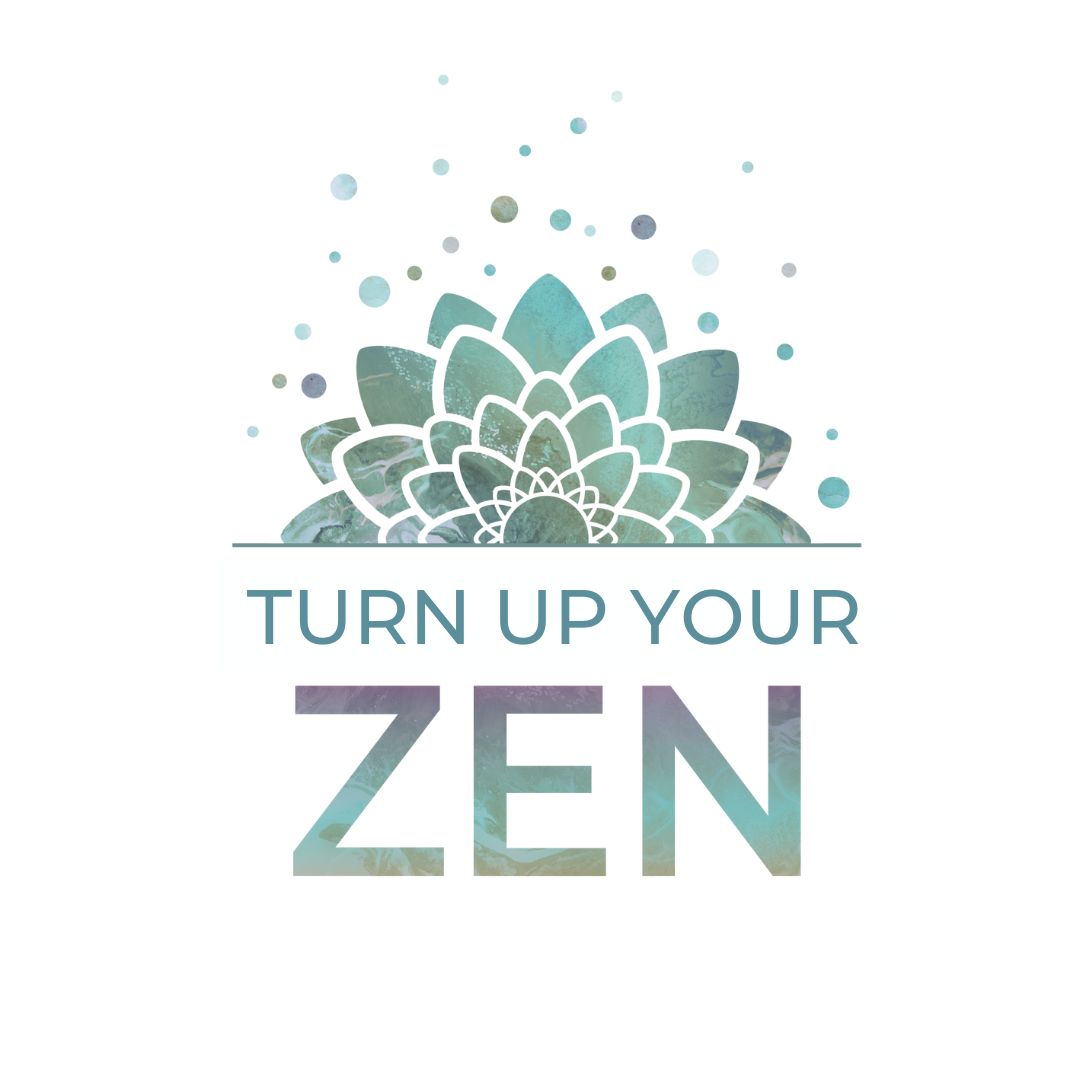It’s a common story –
Mary gets home, the house is a mess and she feels a mix of disappointment and frustration. Before she’s even had a chance to say, “Hi, I’m home, how was everyone’s day?, she’s shouting at the family for leaving their stuff everywhere…
Dave is managing his business from home and he’s juggling some casual work on the side. He’s worried about the rising interest rates and to let off steam, a couple of times a week, he likes to head out for a ride. His partner hears him leaving the house and says with a judgy tone “another ride” and before he knows it he’s feeling defensive and slamming the door…
Janey finds out through social media that her friends went out without her and she wasn’t invited. She feels excluded, anxious and alone. She locks herself in the bedroom, refusing to come out and eat.
We all get triggered.
And that’s OK. It’s Ok to feel angry and it’s Ok to frustrated.
It’s Ok to feel judged and defensive.
It’s not OK to shout, blame, belittle, punish or damage things or people.
It might feel OK to withdraw and to stuff the feelings down, telling yourself it will all be OK if you just keep busy, but it’s not OK, because the feelings of what’s not Ok, go unaddressed, they will simply come out unfiltered at another time in another way that isn’t ideal either. (One of the reasons we don’t tell other people what’s upsetting us is because we are afraid of conflict, which is another blog. However the reactivity is the same – real big feelings in reaction to what’s happening – just expressed differently.)
How we express these big feelings makes all the difference in the impact on others and the wave of emotions that follow. Because more often than not, when we react and get cranky, raising our voice or slamming doors, other people feel unsafe, threatened and then they become reactive too.
And so the cycle keeps getting perpetuated.
When it comes to dealing with these reactions, mindfulness holds some great keys to help you regulate yourself when they arrive unannounced. But it also reduces your reactivity when others are sharing their big emotions too, breaking that cycle of back-and-forth reactivity.
What is mindfulness – how does it work
Mindfulness is a practice with roots in Buddhism. It teaches us how to be with fiery emotions like anger and frustration through kindness and compassion. It sounds so simple when I write it here and I get it, it’s not simple when those emotions erupt and take over, but the process is magical when you know how. With some practice mindfulness teaches you to be calm and curious about what’s really going on. It allows you to slow everything down, so you can be present to what’s here now with gentleness for yourself and gentleness for others.
You can find out more about what is mindfulness and the benefits of mindfulness through our other blogs. In this blog, let’s dive into the nitty gritty of how to use mindfulness to reduce reactivity with the following 5 steps. You may want to use a notebook to write them down.
5 mindfulness steps to reduce reactivity
-
- Pause – take a moment and tune into your breath, to calm your nervous system and prepare for the steps that follow.
-
- Get curious – recognise what you are feeling in this moment. Label your thoughts and feelings without judgement. “I’m feeling…anger, sadness, anxiety, disappointment, frustration, grief, overwhelm… “ Just notice them…
-
- Can you allow these feelings to be here? Don’t filter them based on their acceptability. All feelings are allowed. Bring acceptance to each of the feelings you are experiencing, one feeling at a time. Let go of any struggle against them. Allow yourself to experience what is here now in each feeling without resistance.
-
- Inquire as to what has led you to this place of thinking and feeling as you do. Have you been taking on too much? Have you been stuck in a belief about who you are or who you need to be? Have you been judging or criticising yourself? Comparing yourself to others? Investigate the stories you’ve been listening to. Challenge their truth.
-
- What do you need in the face of what’s going on under the feelings? How can you nurture & nourish yourself in this place you are in now? What comfort do you need to give yourself? Kind words? Acts of love & care? Quality time? What will soothe & replenish you?
Gain Internal Clarity
Often when completing this 5 step practice, we gain clarity about what is really going internally and it can highlight how the actions of others have an impact on us and give us a gentle nudge to let them know without blame or drama.
If you found the article above helpful and you would like to further explore how to deal with reactivity, make a time to speak to Tania – schedule a free 15 min discovery call here.
